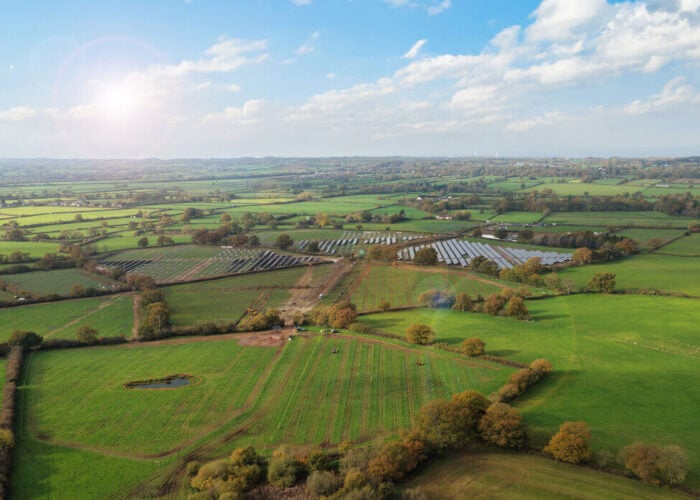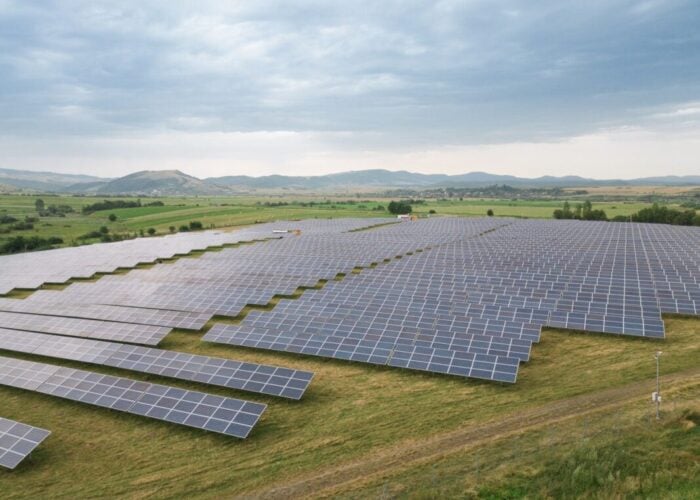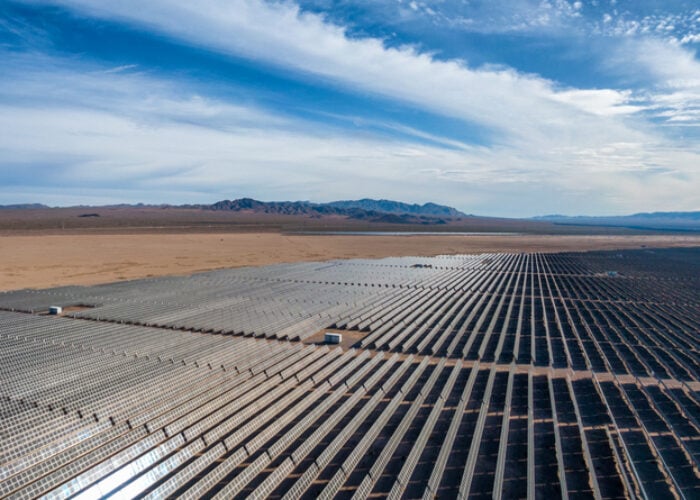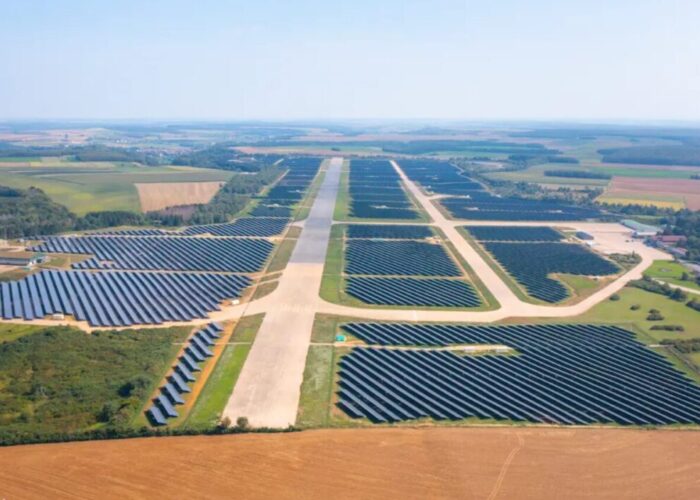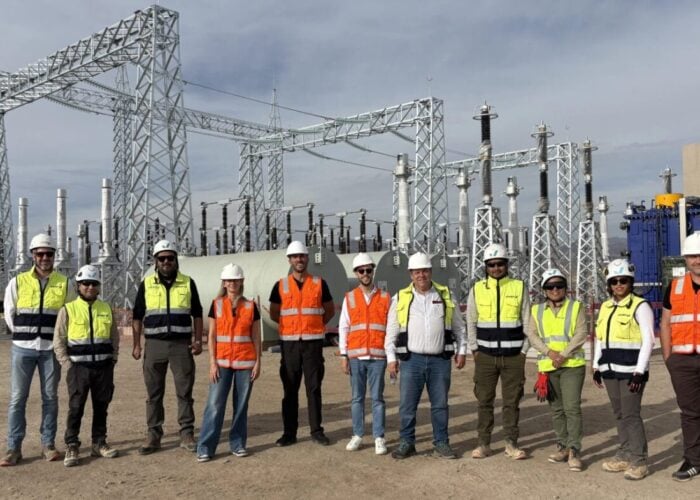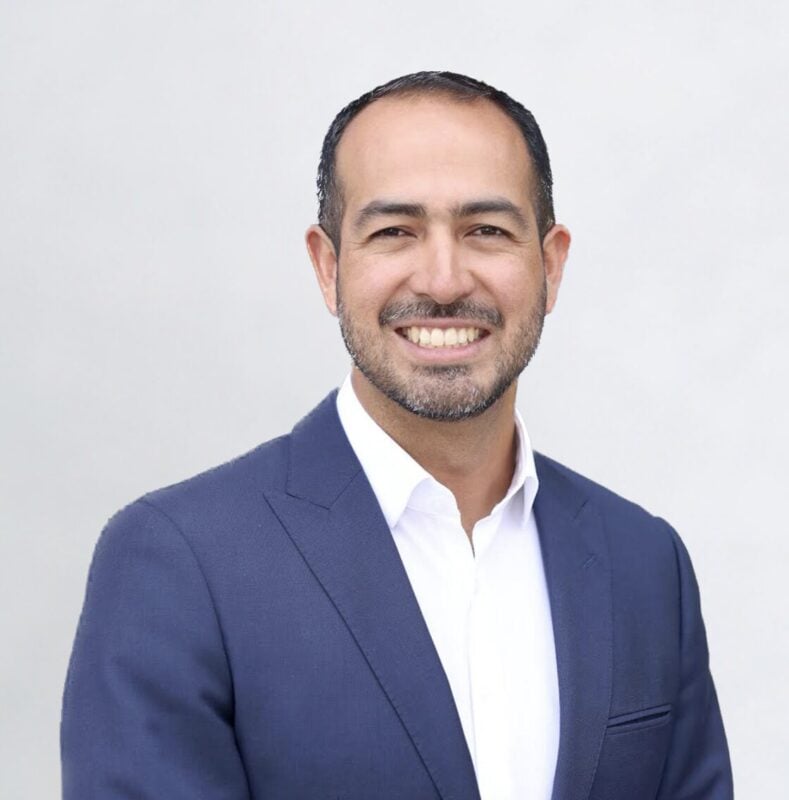
In the second quarter of 2025, the price of the average solar power purchase agreement (PPA) signed in Europe has fallen below €60/MWh (US$69) for the first time since the first quarter of 2022.
This is according to market analyst LevelTen Energy, which released its latest quarterly report into European renewable PPAs to subscribers yesterday. The report notes that the average price of a solar PPA fell by more than 5% between the first and second quarter of this year, following three consecutive quarters of stability in European solar PPA prices.
Try Premium for just $1
- Full premium access for the first month at only $1
- Converts to an annual rate after 30 days unless cancelled
- Cancel anytime during the trial period
Premium Benefits
- Expert industry analysis and interviews
- Digital access to PV Tech Power journal
- Exclusive event discounts
Or get the full Premium subscription right away
Or continue reading this article for free
However, this is not necessarily a bad thing for the European PPA market. Indeed, Andrés Acosta, director of innovation in Europe at LevelTen Energy, told PV Tech Premium yesterday that this points to a “highly competitive” environment with a considerable oversupply of clean energy projects seeking investment.
“In general, there were strong [price] declines after the energy crisis after the invasion of Ukraine,” Acosta explained. “Those prices went down as the market was normalising, but it was stable for, let’s say, the last couple of quarters.
“Then in the last quarter, we saw a decline in the overall continental index, which reflects a general oversupply and a very high competition for those developers who need to find offtakers and offtake agreements to secure project finance.”
Falling prices, growing uncertainty
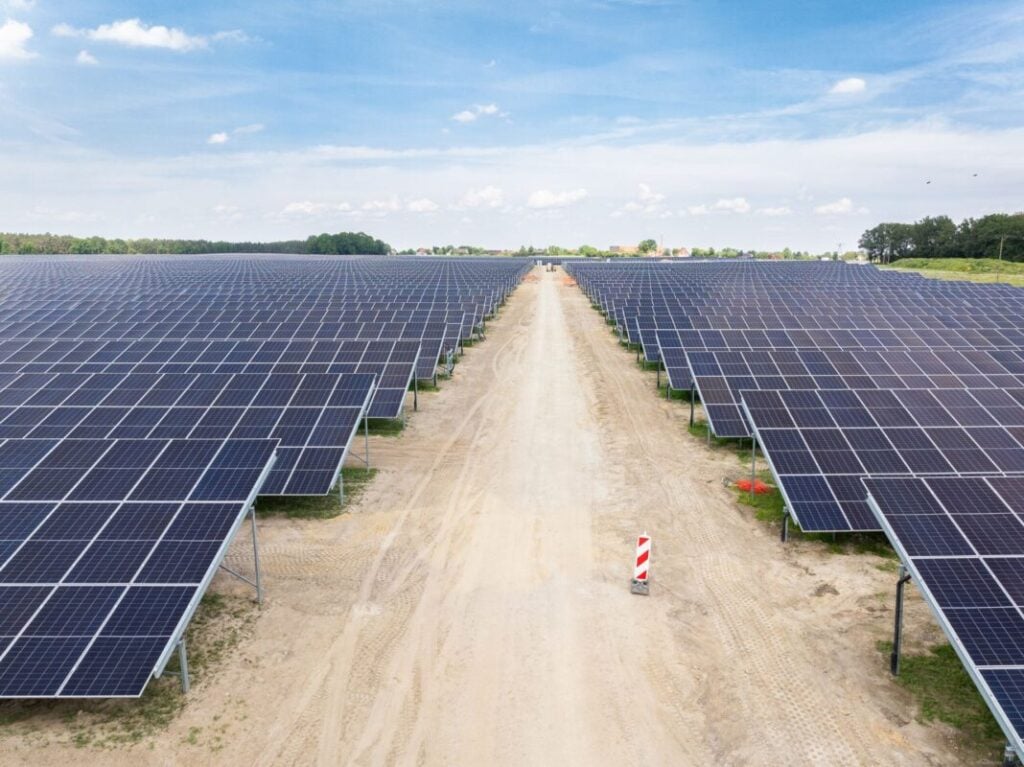
Across Europe, the average price of a solar PPA signed in the second quarter fell to €59.62/MWh, lower than the average price for wind PPAs, which reached €88.69/MWh and blended PPAs, which sat at €74.16/MWh. However, PPA prices for all technologies have fallen consistently over the last year, with the price of solar, blended and wind PPAs falling by 20.5%, 20.2% and 2.4% respectively between the first quarter of 2024 and the second quarter of 2025.
Despite these general trends, there is still considerable variation in PPA price across Europe; LevelTen’s average solar PPA prices ranged from a low of €34/MWh in Spain to a high of €88.12/MWh in the UK. Acosta noted that more mature renewable markets generally reported lower power prices, and attributed this to more competitiveness in countries with more developed solar industries.
“That competitive environment hits especially harder in countries with a very high solar penetration, like Germany and Spain, which make most of the headlines in dedicated media, [and] to a lesser extent in other countries where they have healthy prices, like Italy, where there is a healthy price environment and those developers don’t find it as difficult to find offtakers for their projects,” explained Acosta.
The report also pointed to growing uncertainty in a number of European markets, chief among them Poland. Earlier this year, conservative candidate Karol Nawrocki won election to the presidency by an exceptionally slim margin – securing just over 350,000 more votes than Warsaw mayor Rafał Trzaskowski in the second round of voting – and campaigned on a platform of delivering energy independence through energy sources such as nuclear and coal, rather than renewables.
While Acosta notes that “it’s too soon to tell” what the long-term impacts of the election will be, with Nawrocki beginning his term today, he acknowledged that the president’s sceptical stance towards renewable power, and the general uncertainty that comes with a new government election, could impact investor confidence in Eastern Europe moving forward.
“Poland has been profiting from more favourable regulation and position from the government in recent years – they have passed some regulation that was previously preventing the development of some projects, specifically wind projects, so we have seen the effect of that – but now we have a presidential election that resulted in a presidential candidate who’s not from the governing party,” said Acosta.
“They might, or they might not, have a less favourable position towards the development of renewables – we don’t know yet – and that uncertainty on the development of projects creates a certain limitation on the supply, or at least creates some uncertainty on the supply side, which would result in a gradual increase in price.”
Utilities are in a ‘better position’ than corporates
When asked about general investor attitudes towards these lower prices, and uncertainty in certain markets, Acosta said that the LevelTen methodology helps to take the “pulse of the market in general”. The report largely uses an average of P25 prices, meaning the lowest 25th percentile of offer prices made for offtake agreements, as this provides what the report calls a “standardised measure for competitive pricing” in each market.
“After three quarters of stablisation [we’re seeing] a decline, which is driven by a general fear about cannibalisation and lower capture prices for solar, and the treatment of negative hours, which is an important factor across Europe,” explained Acosta, suggesting that, on the whole, investor confidence is waning across Europe.
Even in regions with growing demand for PPAs, such as Eastern Europe, the sector’s lack of maturity means that offtakers are less keen to enter the space, particularly for the first time; while Acosta noted there has been an “increased demand” for offtake agreements in Poland in particular, fewer precedents have been set for operating in the country than elsewhere in Europe.
Indeed, at last year’s Large Scale Solar Central Eastern Europe event, held in Poland, attendees discussed the flurry of interest, particularly from corporate buyers, in the country’s renewable power space, which had created considerable confusion as to what exactly these buyers want from their offtake agreements.
When asked about this uncertainty, Acosta suggested that utilities, rather than corporates, are in a better position to understand the nuances of emerging renewable offtake markets, a trend that could shift Europe’s PPA market to one where utilities are the most active.
“Utilities and traders are professional energy buyers and sellers, they’re in a better position to understand this current situation of uncertainty, low capture rates and negative hours. Whereas corporates buyers, when they see this, they tend to just hold off and see what comes to market to address this type of problem,” he explained. “They wouldn’t go and come up with something new themselves, [at least] most of them.
“Of course, there are sophisticated offtakers who will try to lead the market and be trailblazers, but that’s not typically the case.”
Acosta also said that utilities are best-placed to understand the role that battery energy storage systems (BESS) can play, both in the renewable energy mix more broadly, and how they can be used to de-risk investments in renewable power projects.
“They themselves are willing to own batteries and then play with those batteries and manage that, because they’re in the best position to do that, which is why we’re seeing them be more active recently than corporate offtakers,” he explained.
Investing in batteries
Utilities’ willingness to engage with and understand BESS projects will further strengthen their position as batteries become a more integral part of the European energy mix, according to Acosta. The LevelTen report notes that so-called “hybrid PPAs”, those that consist of a single deal for multiple renewable energy technologies or generation projects co-located with storage systems, are increasingly becoming increasingly popular.
In LevelTen’s ‘Bess Is More’ report, authored by Acosta, he noted that LevelTen had facilitated an offtake agreement for a solar-plus-storage project in Germany, where it had forecast that the addition of a BESS could increase capture prices by up to 30%.
When asked about attitudes towards hybrid PPAs, he agreed with the idea that there is a growing opportunity cost for those unwilling to invest in such projects, that may now be a greater risk than simply investing in a project with more moving parts than pureplay solar.
“Before, it was easier for an investor to invest in something – and easier to understand – like a long-term fixed-price PPA where you’re only talking about energy and certain volumes. They didn’t see the need to understand the complexity of batteries, because they could go and invest in this product,” he said.
“That’s a big opportunity for batteries; not being able to invest your money in products that are easier to understand, and the opportunity of co-located batteries and making those projects financeable, makes the investment case a lot more interesting.”
However, he noted that a lack of understanding of the financial footprint of battery projects, particularly in an increasingly complicated and uncertain European energy market, could be a significant barrier to more widespread investment in renewable-plus-storage projects across the continent.
“The stopper here, rather than regulation or political will, is a market and technical situation, where those products and those structures – combining solar and batteries and to address these issues – are not quite yet understood by either the buy-side or the sellers,” he said.
Ultimately, he said that this has created a divide between what some buyers understand, and what developers are eager to build; this divide will need to be bridged if Europe is to meet its renewable energy deployment goals in a way that provides a compelling business case for all involved.
“That’s where I think, and we think at LevelTen, is the barrier for more liquidity in this market,” said Acosta. “It’s education, understanding those structures and finding those products that are not standardised, but more easily understood, where buyers can go to market and ask for those products.”


